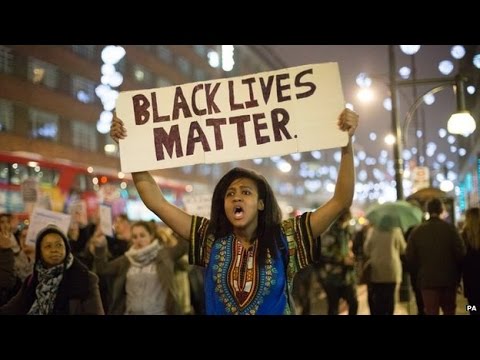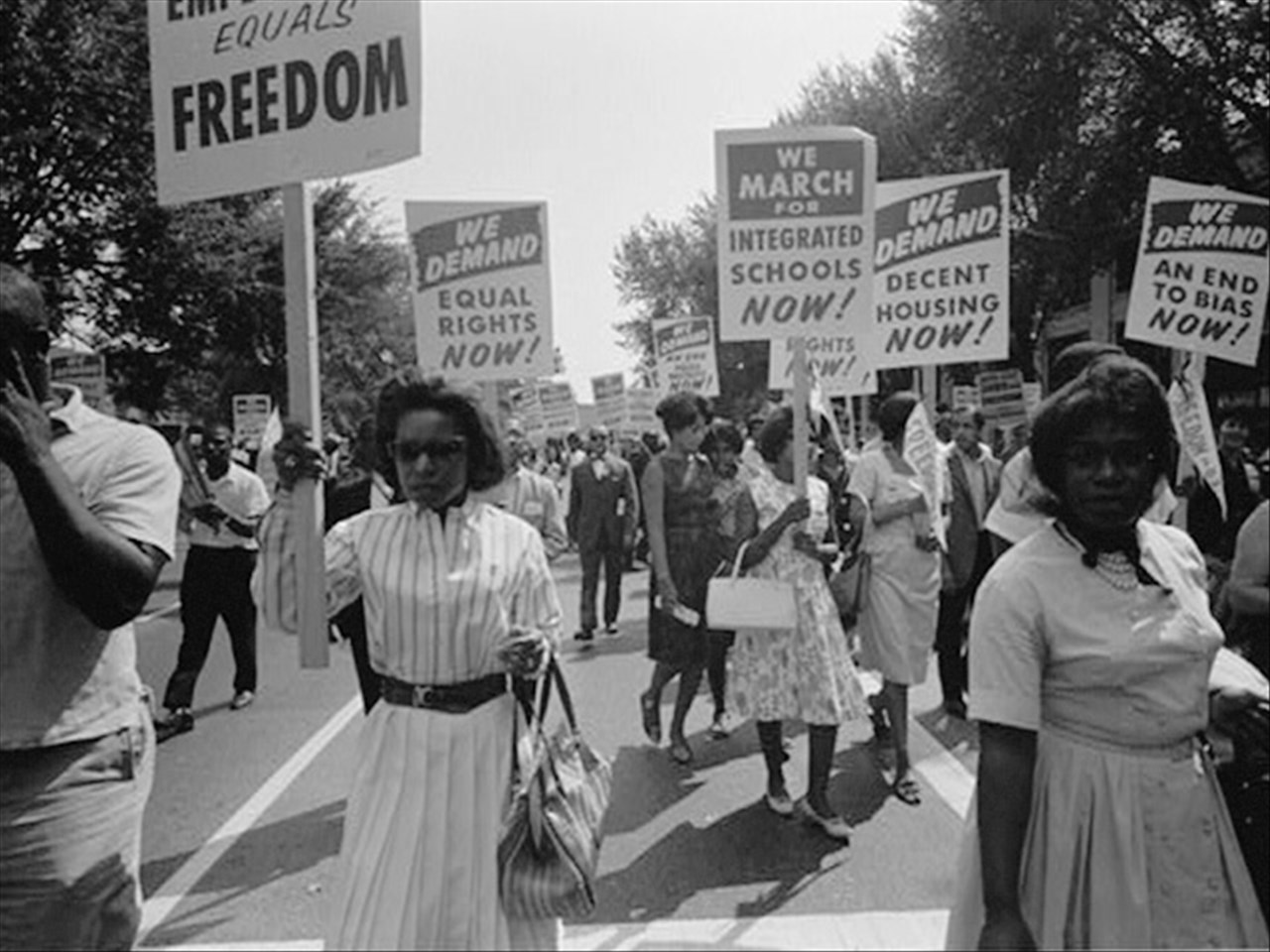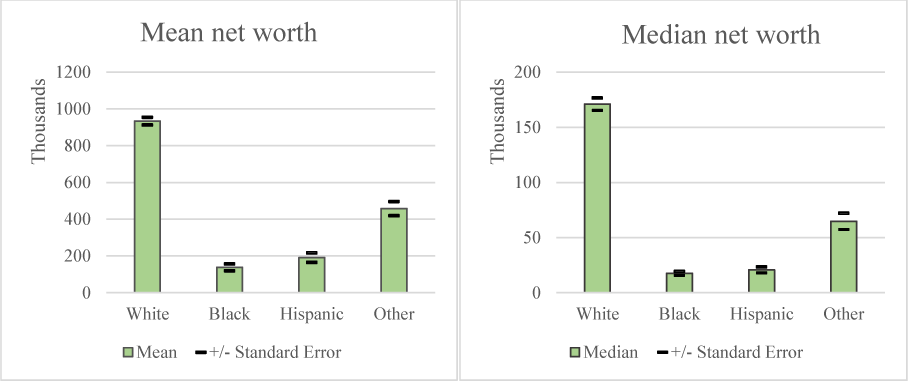According to prison records, the transfer came after Mr. Brooks was assaulted twice by other inmates in Mohawk and was seemingly moved for his safety. However, shortly after he arrived at Marcy Correctional Facility, Mr. Brooks experienced a vicious encounter with correction officers and died soon after.
While his official cause of death is still pending, autopsy details reveal that Mr. Brooks suffered “multiple bruises of the face and extremities, fracture of the nasal bone, multiple soft tissue hemorrhage of the muscles of the anterior right and left sides of the neck, hemorrhage overlaying of the thyroid cartilage, hemorrhage of the genital area soft tissues, the penis and both testes,” according to court documents.
The documents also note that the medical examiner who conducted the autopsy on behalf of the Onondaga County Medical Examiner’s Office also reported, “concerns for asphyxia due to compression of the neck as cause of death, as well as the death being due to the actions of another.”
According to several media reports, the autopsy details come as part of court documents from a Temporary Extreme Risk Protection Order, filed by the New York State Police and New York Attorney General’s Office against David Kingsley, one of the corrections officers accused of assaulting Mr. Brooks at the facility.
The documents were filed in Jefferson County, where Mr. Kingsley lives and came as an attempt to remove all firearms from the officer’s home—deeming him as a possible harm to others and himself due to his alleged involvement in Mr. Brooks’ beating.
The autopsy was conducted on Dec. 11, but a complete autopsy report has yet to be released.
 |
| Corrections officers at Marcy Correctional Facility were scene beating inmate Robert Brooks, who died on Dec. 10, 2024. |
The devasting body-worn video
The bodycam footage, recorded on Dec. 9, starts outside the Marcy Correctional Facility entrance. Mr. Brooks can be seen lying down with handcuffs on when officers lift him off the ground and begin carrying him by his arms and legs into the infirmary.
Once inside, officers restrained Mr. Brooks to the examination table, where they could then be seen committing a wide range of heinous acts against him. This includes some officers repeatedly punching and kicking Mr. Brooks in his face, neck, chest, torso, buttocks and genitals as other officers continue to restrain him to the table.
At one point during the attack, an officer can be seen attempting to stuff what appears to be a white cloth in Brooks’ mouth. The officers later yank Mr. Brooks off of the table, into the corner of the room where attacks continue. Officers later drag him back onto the table where they continued to assault and unclothe him.
By the end of the recordings, Brooks is seen lying motionless on the table in just his underwear.
This all occurred while Brooks’ hands were handcuffed behind his back.
Brook was later taken to Wynn Hospital in Utica, New York, where he was pronounced dead the following day, Dec. 10.
The corrections department has identified the 11 corrections officers involved as follows: Matthew Galliher, Anthony Farina, Nicholas Anzalone, David Kingsley, Nicholas Kieffer, Robert Kessler, Michael Fisher, Christopher Walrath, Michael Along, Shea Schoff and David Walters.
Kyle Dashnaw, a nurse, and two sergeants, Michael Mashaw and Glenn Trombley, were also identified as bystanding prison staff. All parties involved have been suspended without pay by the New York’s Department of Corrections and Community Supervision. One of the officers, Anthony Farina, has resigned.
In an interview conducted and streamed on Instagram by journalist, activist and former U.S. Green Party vice-presidential candidate Rosa Clemente with Elizabeth Mazur, the attorney representing Brooks’ family, the attorney stated,
“What you see on the video, those guys don’t look like this is the first time they’ve ever done that. Now we’re hearing these reports that there have been other complaints, other suits against these officers.”
“It sounds like this didn’t come out of nowhere, these officers were allowed to do this, the system was in some way, condoning it or allowing it. I think that’s also a question we want to answer and hope to pursue in civil litigation,” she added.
The Final Call reached out to Atty. Mazur for further comments but as of presstime, have not yet heard back.
According to New York Attorney General Letitia James, who released the footage to the public on Dec. 21, none of the 11 correction officers involved actually activated their body cameras during their encounter with Mr. Brooks.
This goes against the protocol for all officers to activate their body cameras when interacting with inmates. Instead, the videos obtained by AG James’ office were only recorded due to some of the officers’ body cameras being on standby mode—meaning recording with video, but without audio.
However, despite their lack of audio, the visual recordings of the brutal beating of Robert Brooks still spoke volumes to viewers.
 |
| None of the correction officers involved activated their body cameras during their encounter with Mr. Brooks. |
Political calls for accountability
In a statement released by AG Letitia James on Dec. 21, along with her release of the bodycam footage, James said, “Law enforcement professionals must be held to the highest standards of accountability.”
In an effort to enforce said high standard of accountability, AG James’ Office of Special Investigation (OSI) opened an investigation to look into the use of force by officers that preceded Mr. Brooks’ death. At presstime, no charges have been filed against those involved and the OSI’s investigation is still ongoing.
Echoing AG James’ calls for accountability, New York Governor Kathy Hochul visited the Marcy Correctional Facility on Dec. 30 to demand answers and announce her plan for corrective action.
Gov. Hochul’s multipart plan includes directing the New York State Department of Corrections and Community Supervision (DOCCS) Commissioner Martuscello to appoint Shawangunk Correctional Facility Superintendent Bennie Thorpe as the new permanent Superintendent of Marcy Correctional Facility, expediting $400 million to install fixed cameras and distribute body-worn cameras in all DOCCS facilities, and adding DOCCS staff to the Office of Special Investigations.
During her visit to the facility, Governor Hochul stated, “Today, as I stood in the room where Robert Brooks was killed, I was once again heartbroken by this unnecessary loss of life and further sickened to think of the actions of depraved individuals with no regard for human life.”
She then added, “The system failed Mr. Brooks and I will not be satisfied until there has been significant culture change.”
In addition to her corrective action plan, Gov. Hochul has also ordered an immediate and full investigation into the death of Robert Brooks and further directed DOCCS Supervision Commissioner Martuscello to begin the termination process for the 14 individuals who were involved in the fatal attack.
The FBI and Justice Department are also now looking into the incident. Sarah Ruane, FBI Albany Public Affairs Specialist, released a statement saying, “The FBI Albany Field Office and the Department of Justice are reviewing the facts and circumstances during the death of Robert L. Brooks to determine the appropriate federal response. As this is an ongoing review, we are not able to comment further at this time.”
As of presstime, their review is still pending.
 |
| Robert Brooks received a vicious attack by Marcy Correctional officers and died soon after. |
Public outrage across America
Since the release of the bodycam footage, public outrage has sparked across the nation.
Holding up signs reading and shouting calls for justice like “Black Lives Matter!” and “Justice for Robert Brooks!” protesters began gathering in New York to demand justice.
Protests, demonstrations and vigils have occurred in various locations throughout Manhattan and Albany, including in front of county jails and Gov. Hochul’s home.
Protests are expected to continue as the case develops further and expected charges are filed against the officers and others involved.
Angry, distraught and weary social activists, community members and celebrities, also took to social media platforms to react to the devasting news surrounding the brutal beating of Mr. Brooks.
Bernice King, lawyer and daughter of the late Dr. Martin Luther King Jr., writing on X, posted in part, “… it is another devasting instance of dehumanization and death in a ‘justice’ system laden with injustice and despair.”
Philadelphia rapper Meek Mill also took to X, writing “… this what it is for black men in America if you get caught without them cameras around! If you been to jail [before] you seen this with your own eyes!” The 37-year-old rapper has been publicly open about his own personal challenges in the prison system.
With a similar sentiment as Meek Mill, Tamika Mallory, social justice activist, wrote on Instagram, “What happened to #RobertBrooks is NOT rare. Most people don’t die from their injuries, but beating, torture, RAPE, starvation, etc., happens ALL THE TIME in jails, detention centers and prisons across America.”
 |
| Mr. Brooks died Dec. 10, the day after cameras recorded him being beaten by corrections officers. |
Although many voices have chimed in, they’re all calling for one thing—justice.
However, Student Minister Kenneth Muhammad of the Nation of Islam’s Muhammad Study Group of Rochester, New York, told The Final Call that the only true solution to bring about justice is the Teachings of the Most Honorable Elijah Muhammad.
“The Most Honorable Elijah Muhammad and The Honorable Minister Louis Farrakhan have reminded us of the nature of a system that we have been dealing with since our people were brought here,” he said.
“Some were calling for closing of the penitentiary, but if we don’t address the attitude out of which the culture comes from, then closing one penitentiary versus another penitentiary does not solve the problem,” he added.
Student Minister Kenneth pointed to The Most Honorable Elijah Muhammad’s presentation of “The Muslim Program” as the only adequate call of action toward addressing the centuries-long problems of injustice plaguing Black people in America, as seen in the death of Robert Brooks.





















